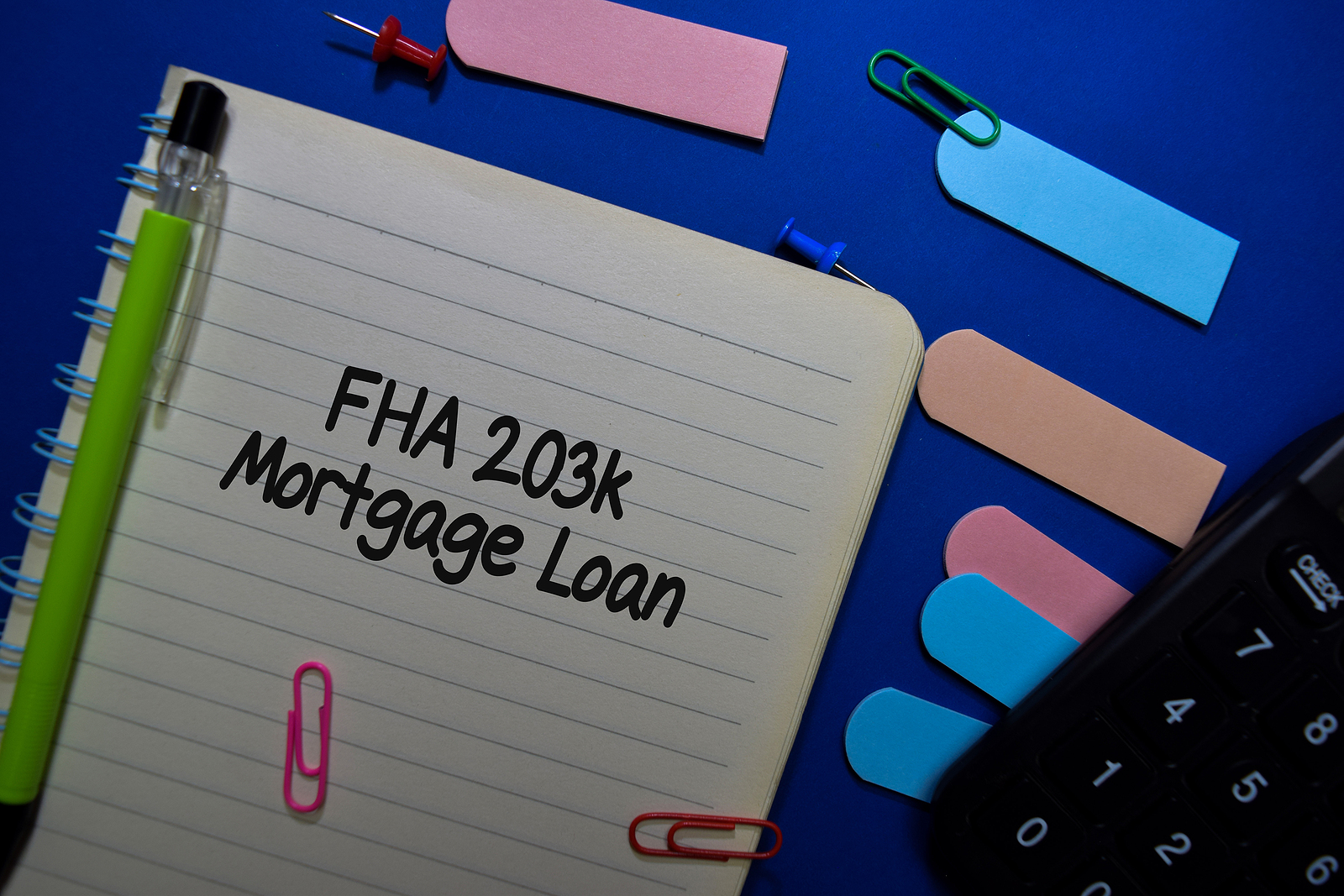

Many Americans dream of owning a home. But what exactly happens if you can’t find your ideal house on the market? You might probably want to construct it yourself. However, if you have a low credit score or limited savings, it will be hard for you to access conventional loans; besides, traditional construction mortgages can be expensive and complicated. Luckily, FHA loans construction loans are a pocket-friendly option to build your dream home without breaking your bank. Here is everything you need to know about FHA construction loans so you can make a wise decision.
What is an FHA Construction Loan?
An FHA construction loan is a regular mortgage provided by the Federal Housing Administration. These loans allow the middle and low-income earners to qualify with a down payment of 3.5 percent and a credit score of at least 580. FHA construction loans can equally work for those people intending to fix their homes or pay for their first homes. The FHA usually insures mortgages offered by lenders such as credit unions, banks, and other financial institutions. The insurance acts as a security and protects lenders in the event of a default.
Who Issues FHA Loans?
Not all lenders can issue FHA construction loans. Only FHA-approved lenders can provide these loans. Besides building, FHA loans can be used to refinance or purchase single-family and multifamily homes, mobile homes, or condominiums.
How to Qualify for an FHA Construction Loan
To qualify for an FHA loan, you must meet to satisfy the required qualifications. These are FHA minimum requirements; lenders might have their own stipulations. In order to get reasonable loan terms and best mortgage rates, it is important to shop around and compare different lenders.
Down payment – If your credit score hits anything above 580, your FHA interest rate can be as low as 3.5 percent. But if you have a credit score below 580, you may have to pay a higher down payment of up to 10 percent.
Credit score – The minimum you need for an FHA construction loan is 500. Anything less than 500 might attract very high down payment, or even prevent you from qualifying. However, you should keep in mind that individual FHA-approved lenders can opt to ask for higher credit scores.
Debt-to-Income Ratio (DTI)- Mostly, FHA loans require less than 50 debt-to-income ratios. This means that your monthly loan payments shouldn’t exceed 50 percent of your total income, including all other debts that you’re not currently paying for.
Application for FHA Construction Loans
When it comes to qualifying for an FHA construction loan, it is a bit more complicated than conventional mortgages. The Federal Housing Administration is responsible for ensuring the mortgage, including the renovation and construction phase. They also provide their own building guidelines and codes. This means that you have to undergo strict scrutiny and examination during the qualification process.
To qualify for an FHA construction loan, you must undergo a pre-qualification process where the loan officer checks your financial information to determine if you’re eligible for the loan. If you qualify, you move on to the application process. You may need to provide the essential information including employment history, tax returns, Social Security number, and your income information. Upon providing all the required information, the loan officer will give you the loan estimation.
Additionally, if you intend to borrow for a construction-to-permanent loan, you’ll need to submit a contract to show ownership of the land. You’re also expected to have prior communications with your builder. Keep it in mind that the constructor must have a general contractor license. Once you provide detailed information regarding your builder, you move to the next step, which is underwriting. This process will determine if you qualify for the loan. Ideally, the loan officer reviews all the paperwork at hand and counter checks your builder’s information. If your underwriting process is successful, the last step is to pay closing costs for the project to commence.
